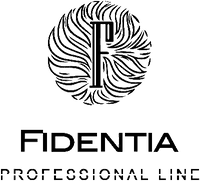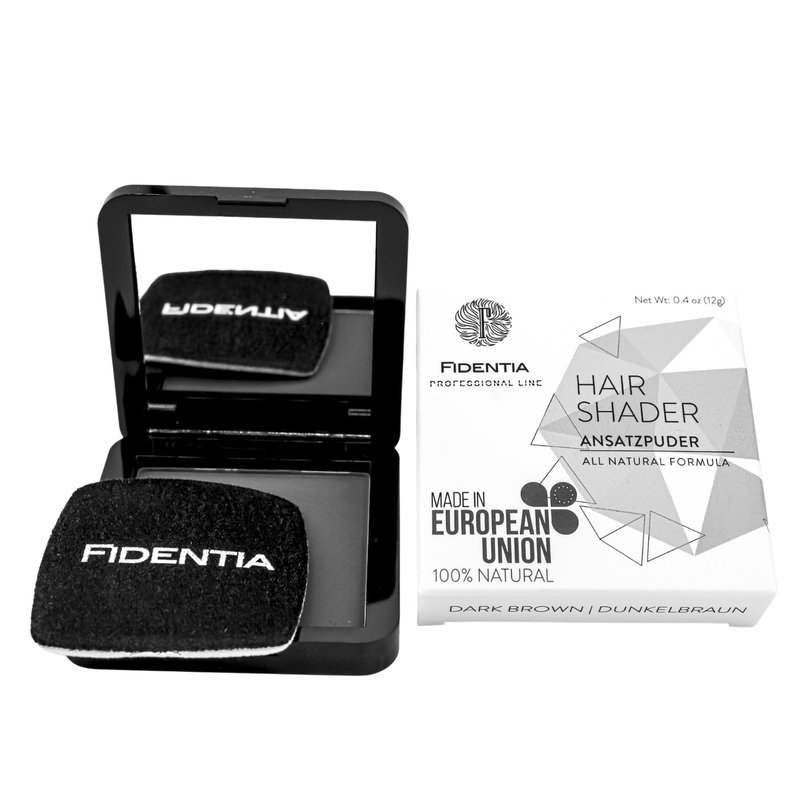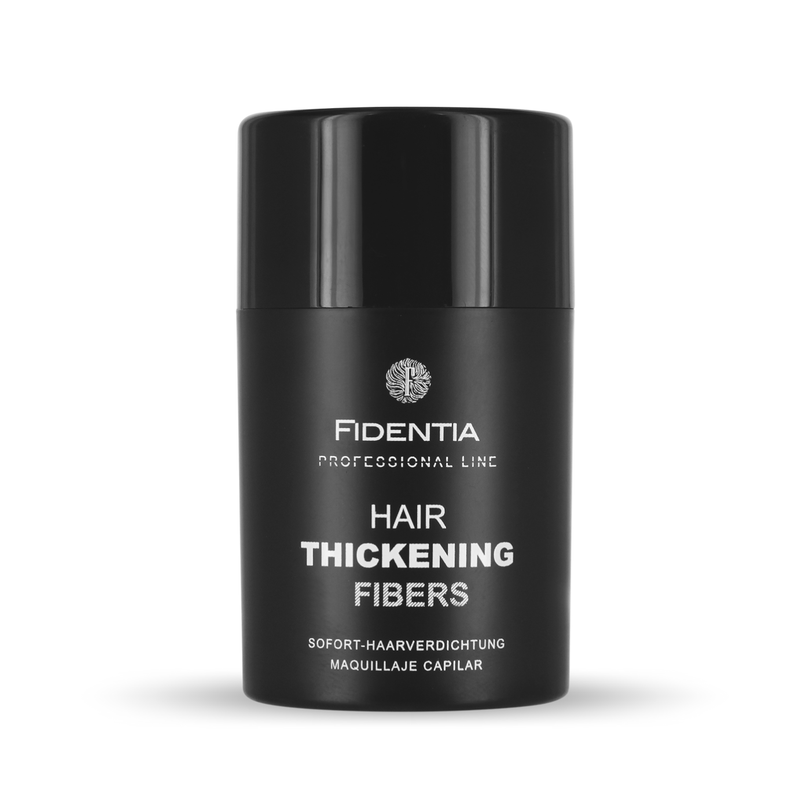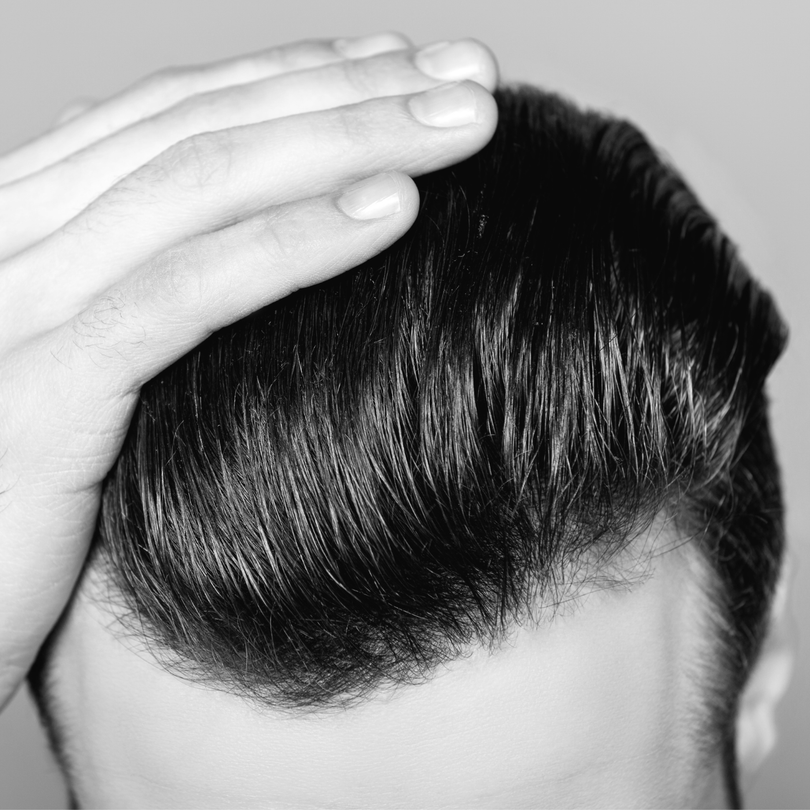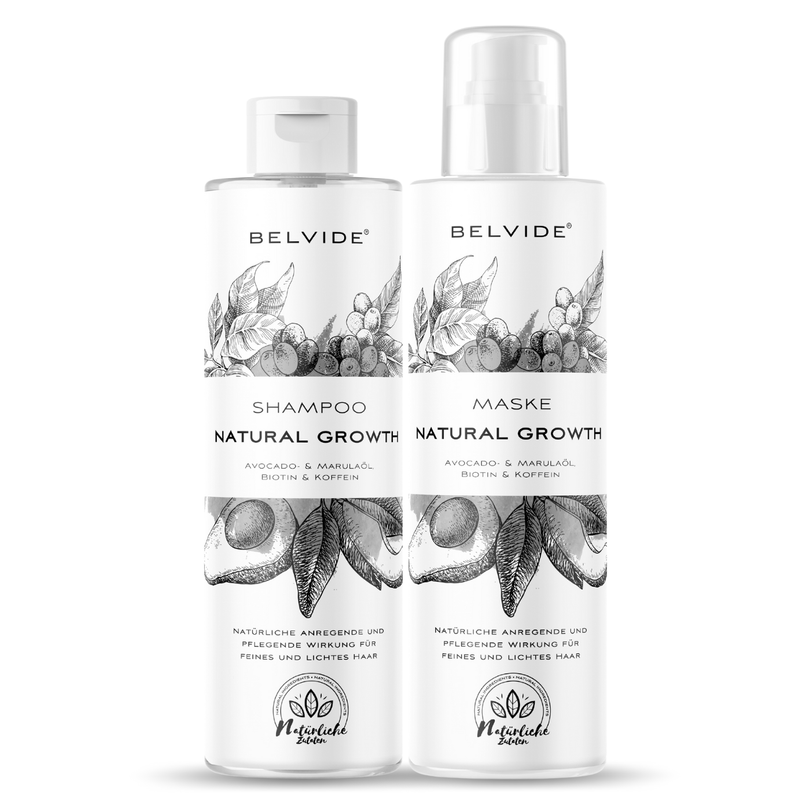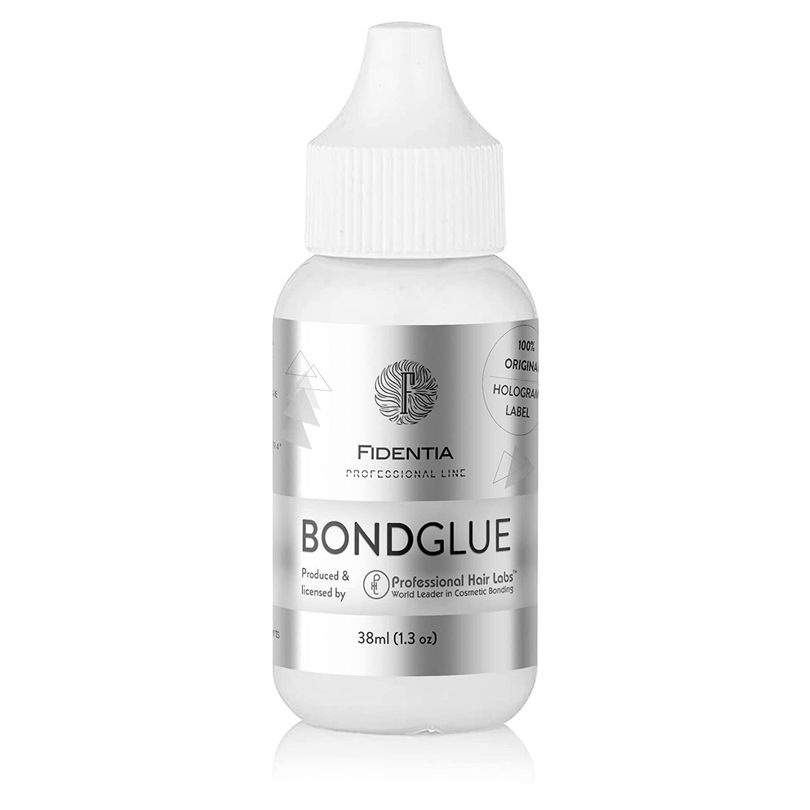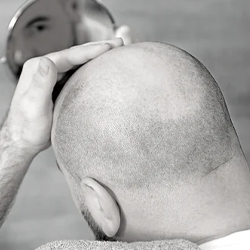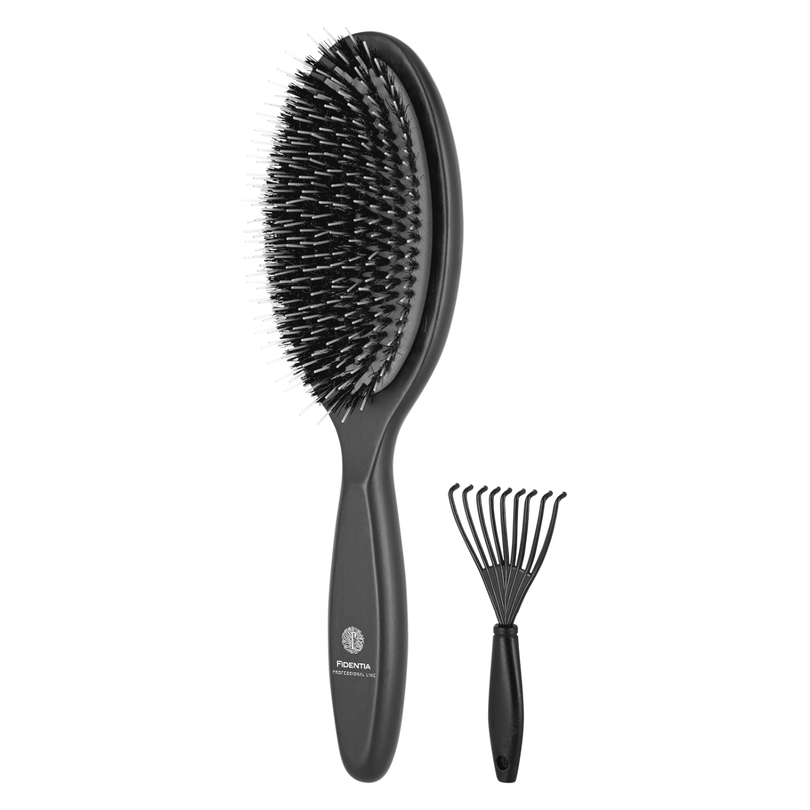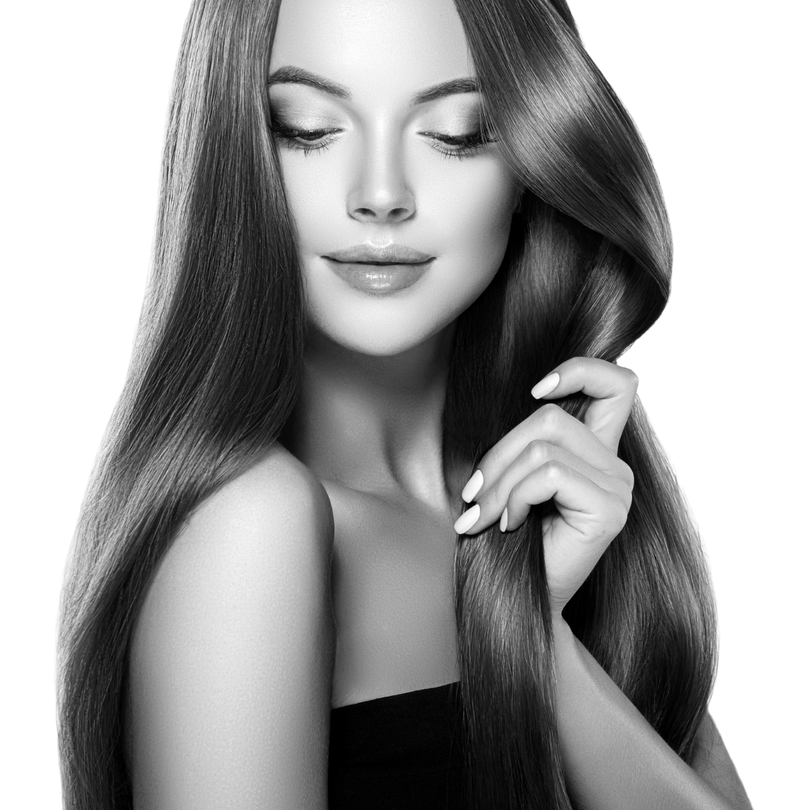Should hair extensions now be cared for without silicone, only with water-soluble silicones or even with real silicone bombs? We clarify.
When buying hair extensions, you are usually encouraged to use the care products from the same supplier. This is often very expensive with prices of around €20 for 500ml and more. With high-quality ingredients and Made-in-Germany or at least Europe, that can still be understood. A look at the back of the product often reveals something else.
"The warranty for the hair extensions expires if you don't use the extension provider's products for care" WRONG
When selling hair extensions, every seller is obliged to provide care instructions. The note to only use your own care is not sufficient. Rather, the provider must generalize the instructions: which ingredients are to be avoided, which are to be used?
Some suppliers advise not to use silicones, but their products then contain plenty of silicones. No wonder the customers are confused. So here's the first hint:
How do you recognize silicones in care products?
Pay attention to the ingredients (dealers are obliged to indicate the ingredients on the website, otherwise ask):
"-cone"
"-oxides"
All ingredients with these suffixes are silicones. Please do not confuse this with the suffix "-none" - these are not silicones.
In these cases you should use silicones:
Care products from your hair extension supplier contain silicones (you can simply tell us the brand of your extensions and we will find out for you)
Your extensions have a silicone layer or were very cheap (everything under 20€)
You have synthetic hair extensions
You have treated cut hair, meaning your hair has at least been colored. In these cases it may be that your hair did not have a silicone bath (= silicone layer) but was usually washed afterwards with agents containing silicone.
In these cases, our intensive series is perfect for you:
Regularly use Fidentia Hair Extensions Intensive Shampoo & Conditioner
1 x week Fidentia Argan Leave-In Conditioner
Use the leave-in conditioner 1 day more every two months, i.e. 1x week in the 1st month, 2x weeks in the 3rd month, 3x weeks in the 5th month, 4x weeks in the 7th month, etc.
Towards the end of the hair life cycle, when you notice that the hair is simply old, more and more difficult to comb and loses its shine, you can get the most out of it with our Extension Elixir and give your beloved extensions a good 2 months more life and really do it again delight: https://amzn.to/2rJZVoG
In these cases you should not use silicones:
Care products from your hair extension supplier do not contain silicone and/or the care instructions recommend avoiding silicone
You have expensive, untreated raw hair (more than 1000€), which was expressly not washed with care products containing silicone before shipping
Here's how you can't go wrong:
It is generally advisable to avoid silicone at first or to only use a leave-in conditioner, conditioner or hair treatment once a week. As soon as you notice that the hair is becoming more difficult to comb, you should increase the frequency of care with products containing silicone.
Water-soluble silicones
First things first: ALL SILICONE ARE SOLUBLE. Otherwise a silicone layer would never wash out and we would have beautiful, treated hair for an infinitely long time.
Some silicones are water-soluble and others, such as the most commonly used dimethicone, are released from the hair by cleaning ingredients found in every shampoo. Therefore it makes no difference.
What makes a difference is the quality. For products made in Germany, every ingredient used must be certified and tested. The same actually applies to all EU countries - but this is not followed so closely everywhere.
All of our hair extension care products are Made-in-Germany. Every ingredient is tested and certified and free from harmful ingredients.
Maintain alcohol-free
Alcohol is a preservative and is even contained in natural cosmetics. The amounts found in shampoo, conditioner, and anything viscous are perfectly safe for your hair. However, alarming amounts are contained in heat protection sprays, since the alcohol is not used for preservation here, but rather the liquid evaporates more quickly when heated. This can damage the hair. Alcohol-free heat protectant sprays are hard to find.
We have a Fidentia heat protection spray without alcohol in our range.
There are no bad extensions, whether synthetic hair extensions for an evening or expensive raw hair, it always depends on the expectation of what you want to do with it for how long and the care. We support you to always have the right tool at hand to get the best out of your hair.
Best regards
Michael & Miriam
Fidentia Hair
